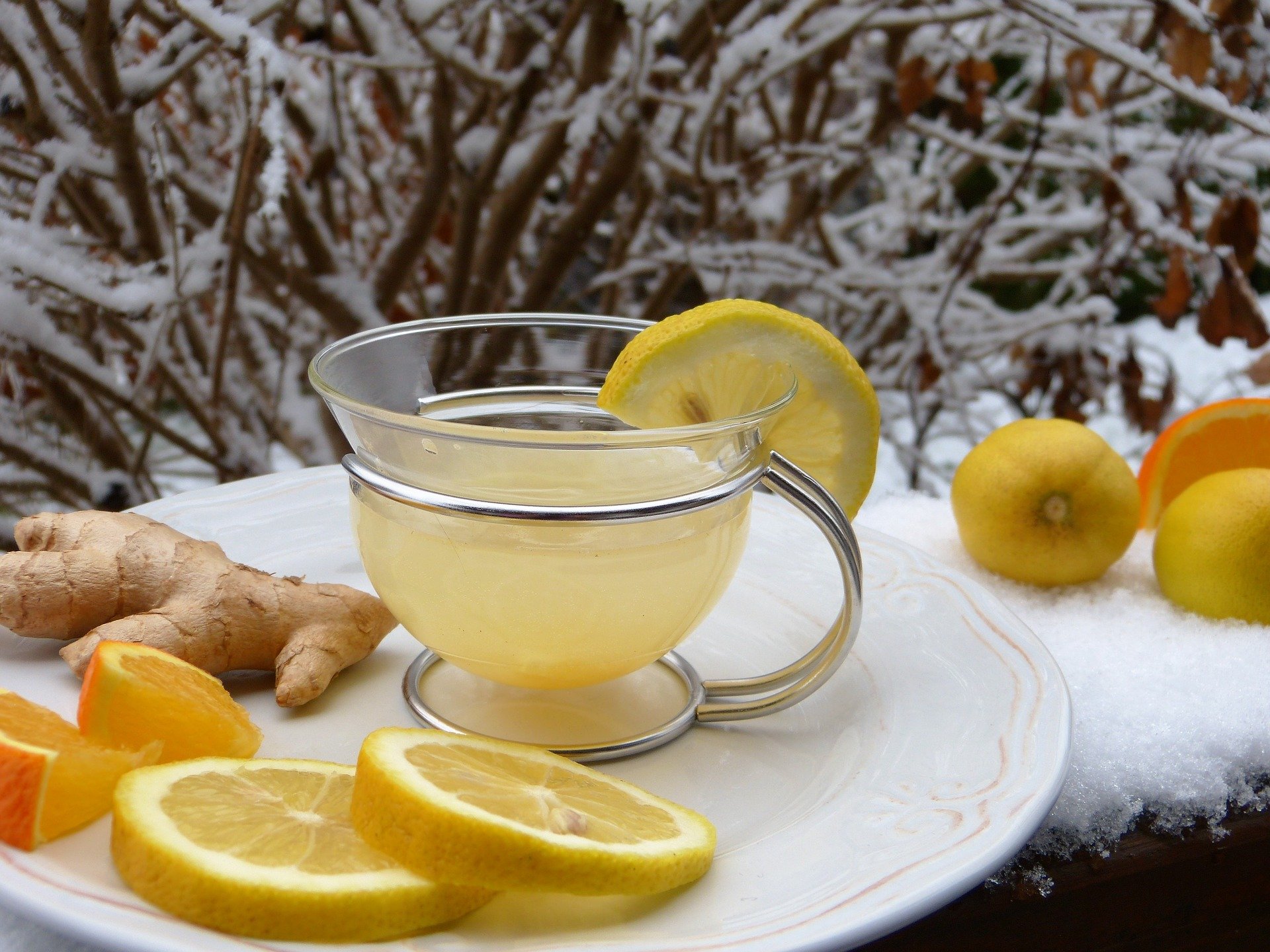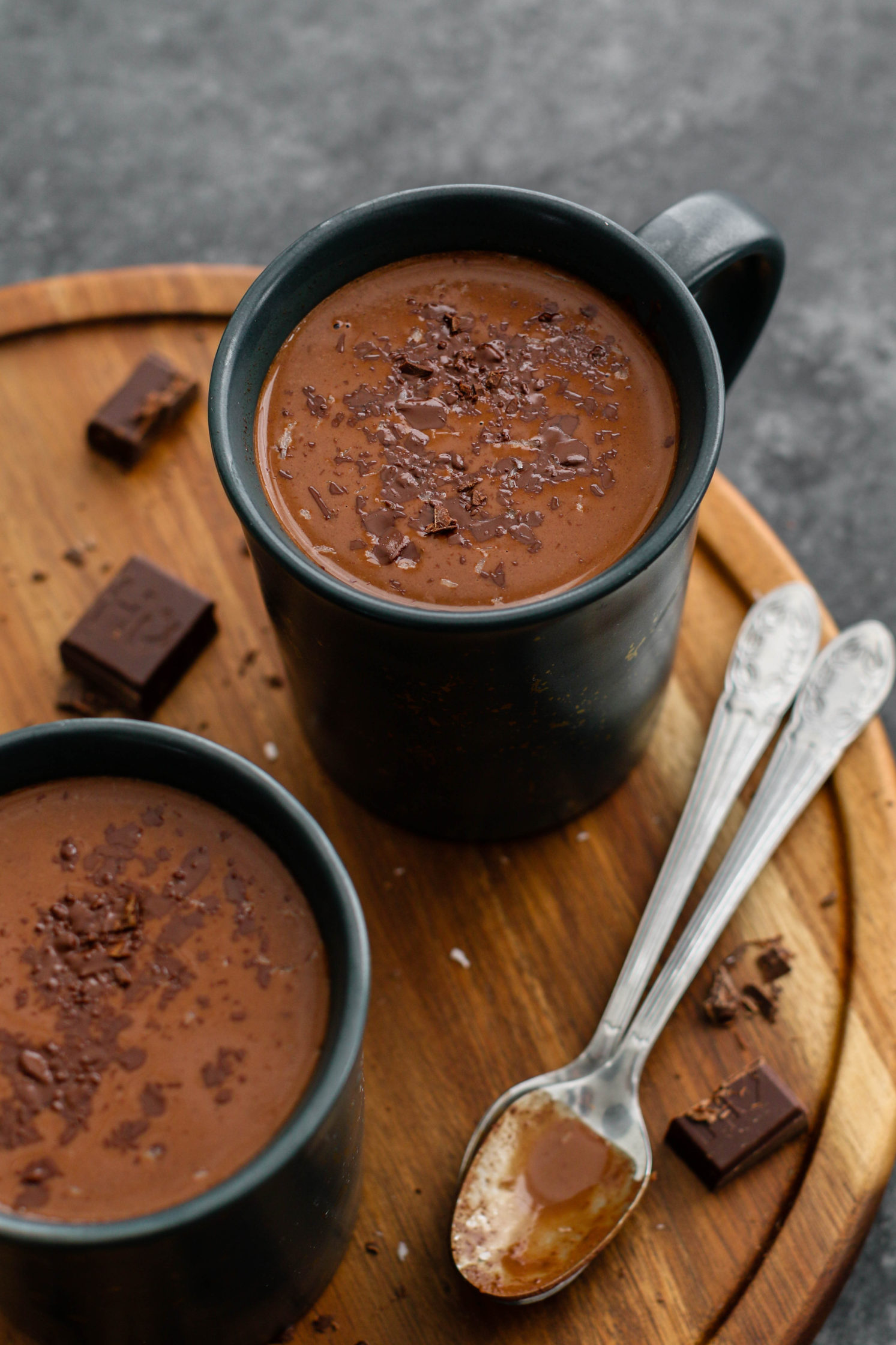It can be difficult to decide to eat healthy food when the weather is cold and the prospect of a hot plate of fries trumps the idea of a cold salad. This could be the reason why a common complaint people have during the winter is overeating and excessive weight gain.
To better understand ways to stay healthy during the winter months, Egyptian Streets spoke to Zahwa Farouk, a registered associate nutritionist who studied nutrition at the University of Nottingham in the United Kingdom. Farouk specializes in weight management, sports and activity, and cookery skills.
What are the most common deficiencies and nutritional issues that people experience during the winter months?
We all miss the sun during the winter, especially because of the longer nights and shorter days. With this comes seasonal depression and some nutrient deficiencies like vitamin D. These two factors are actually more connected than you’d think they are.
Important nutrients to combat all these issues are vitamin D, calcium, and omega 3. To boost your vitamin D levels, it’s important to get as much sun exposure as you can (while wearing sunblock), and eat foods rich in vitamin D like whole eggs and salmon. Supplements may be necessary for specific people.
Editor’s note: Get a vitamin D blood test and consult a doctor to check if you need supplements.
Calcium is found in dairy products (go for low-fat, low-sugar options to only get the protein and the calcium if you’re worried about putting on weight) and also in some leafy green vegetables. Omega 3 fatty acids can be found in salmon, walnuts, and flaxseeds.
A lot of people feel lethargic during the winter months, how can they combat this issue with a healthy diet?
Your diet plays a huge role on your energy levels. Whether you’re underrating or overeating during the winter, you may feel lethargic, so the key to feeling energized and combating this fatigue is by having a healthy balanced diet in addition to good sleep and exercise.
By “balanced” I mean: starchy carbohydrates, protein, healthy fats, and loads of vegetables in every meal.

Don’t forget that we all need an immune system boost to avoid the common cold! Fuel your body with foods rich in vitamin C and zinc; this can also combat the feelings of laziness and tiredness, believe it or not. Foods rich in vitamin C include leafy green vegetables like spinach and arugula, bell peppers, broccoli, lemons, and oranges. Try to occasionally eat them raw to avoid losing all the vitamin C while cooking.
What foods and snacks should we eat more of during the winter and why?
Making sure your diet is filled with nutrient-dense foods is important for the reasons mentioned above.

Veggie and bean stews are very nutritious, filling, and warm; these can include lentil soup or fuul (if cooked with olive oil rather than ghee). Fruits and nuts as snacks are always satisfying and nutritious and guarantee that you’re getting enough vitamins and minerals and healthy fats in your day.
What about other common problems like dry skin from the cold weather?
Hydrate, hydrate, hydrate! This is mainly due to dehydration. We all tend to drink less water during the winter, so try as much as possible to get your 1.5-2 liters per day. Think of it this way: one glass as soon as you wake up, one glass 30 mins before bed, and one glass before every meal and snack.
Here’s a good winter hack: warm herbal drinks actually do count towards your two liters of fluid per day! Try ginger, lemon, and honey, peppermint and chamomile, or any of your favorite herbs mixed together.
Winter often calls for frequent indulgence in comfort food, how can one maintain a healthy diet without putting on too many kilograms?
Have warmer snacks and meals! This gives you comfort and at the same time helps you feel fuller.
Hot porridge for breakfast is a really good one, you can try it with different fruits. Roasted vegetable soup with brown bread for dinner can also be great; switch up your choice of vegetables to get as many different nutrients as possible. Homemade hot chocolate without all the extra added sugar they add in coffee shops (such as marshmallows and whipped cream) works as a dessert and gives you the feeling of warmth.

The idea of balance is that you can definitely indulge and still be healthy.
Any final tips?
Remember to take care of your health during winter and eat as healthy as you can, but also let go of any negative feelings associated with overindulging – we’re all human and sometimes our emotions get the better of us, just make sure it’s not a pattern!
Farouk holds a Bachelor of Science in Nutrition from the University of Nottingham, United Kingdom. She is a registered associate nutritionist at the association for nutrition, registrant number 26830.
Farouk can be contacted via LinkedIn or Instagram.






Comment (1)
[…] foods, as it can be a real struggle to maintain a balanced diet when it’s cold. Check out our article on how to keep track of your diet and stay healthy in winter, with the advice of Egyptian […]